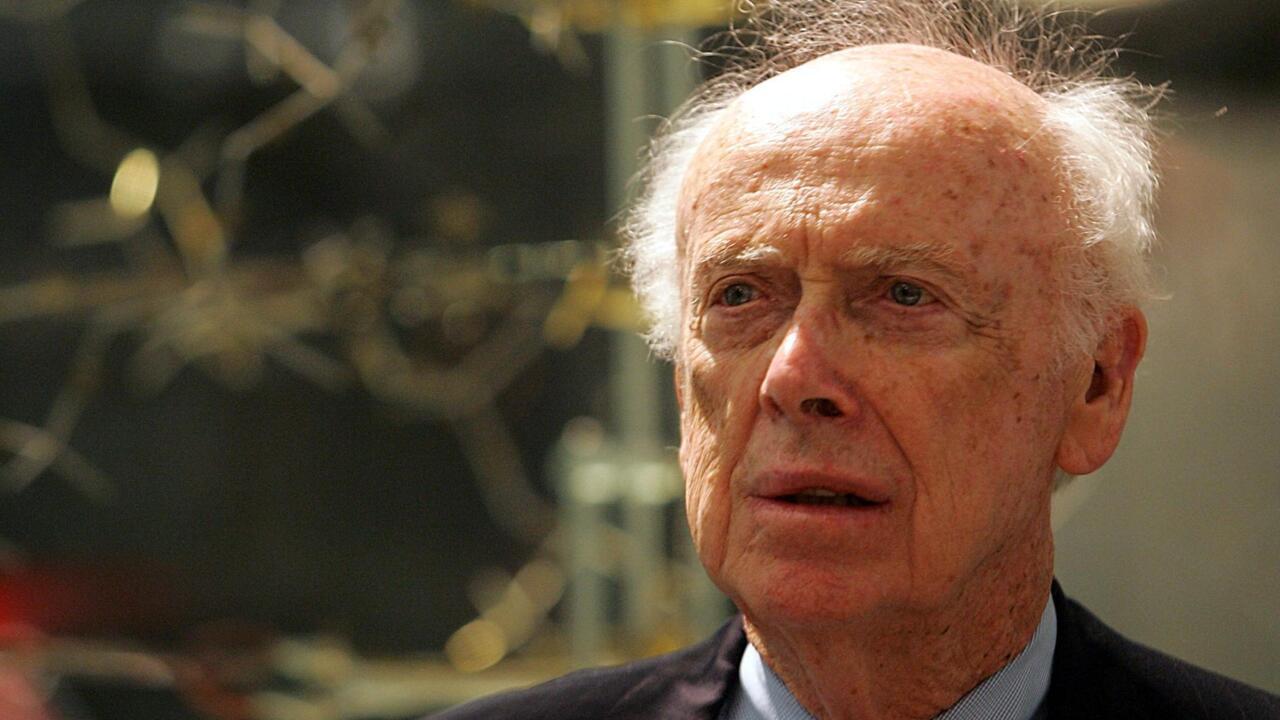
James Watson, the American scientist and co-discoverer of the DNA double helix, has died at the age of 97, Cold Spring Harbor Laboratory confirmed. Watson’s groundbreaking work with British scientist Francis Crick in 1953 revealed the structure of DNA, one of the most significant scientific breakthroughs of the 20th century, laying the foundation for modern molecular biology.
For their discovery, Watson, Crick, and Maurice Wilkins were awarded the 1962 Nobel Prize in Physiology or Medicine. At the time, Watson famously declared, “We have discovered the secret of life.”
Watson’s legacy, however, was overshadowed in later years by controversy. His repeated comments linking race and intelligence, along with remarks on gender, drew widespread criticism.
In a 2007 interview with The Times, he questioned social policies in Africa, suggesting they were misguided because, in his view, intelligence differed by race. Despite an “unreserved” apology, these remarks led to his resignation as chancellor of Cold Spring Harbor Laboratory.
Subsequent controversial statements in 2019 resulted in the laboratory stripping him of honorary titles, including chancellor emeritus and trustee. The institution called his statements “reprehensible, unsupported by science.”
Watson’s early life reflected a precocious talent for science. Born in Chicago in April 1928 to Jean and James Watson, he won a scholarship to the University of Chicago at age 15, where he became fascinated with X-ray diffraction techniques.
His work led him to Cambridge University in England, where he collaborated with Crick to construct models of DNA using data produced by Rosalind Franklin, whose critical contributions to understanding the molecule were historically underrecognized.
After the Nobel-winning discovery, Watson and his wife, Elizabeth, moved to Harvard, where he served as professor of biology.
The couple had two sons, one of whom was diagnosed with schizophrenia as a teenager—a personal challenge that motivated Watson to study DNA and genetics more deeply.
In 1968, Watson assumed leadership of Cold Spring Harbor Laboratory in New York, transforming it into one of the world’s leading research institutions.
During his career, he supported the careers of female scientists at Harvard at a time when opportunities for women in science were limited, though his record on gender was complicated by later sexist remarks, including disparaging comments about Rosalind Franklin in his 1968 best-selling book, The Double Helix.
In a notable episode, Watson became the first living Nobel laureate to sell his gold medal at auction in 2014, raising $4.8 million, citing feelings of ostracism from the scientific community; a Russian billionaire purchased it and returned it to him.
Watson’s scientific achievements reshaped biology, medicine, and genetics, even as his personal views sparked controversy and debate. His death marks the passing of a figure whose legacy is both foundational and contentious in the story of modern science.


